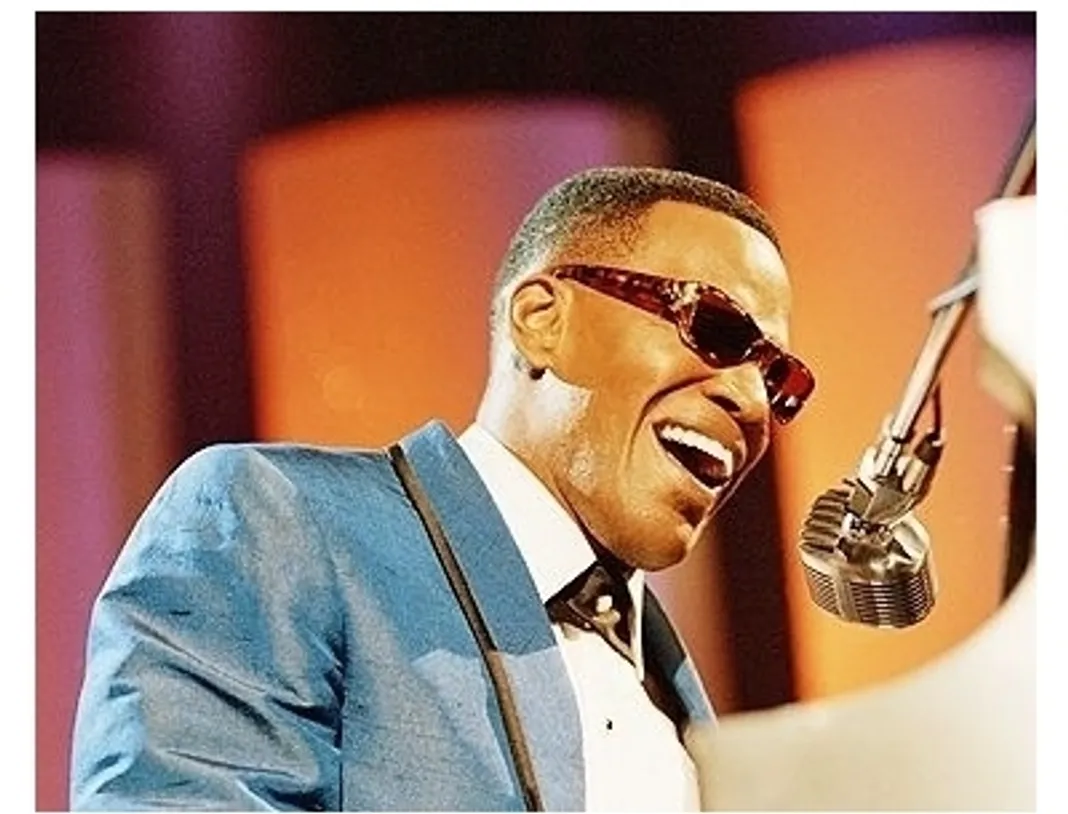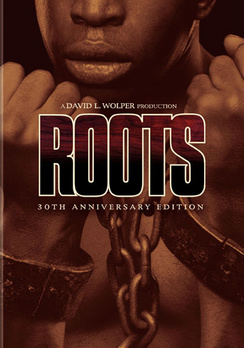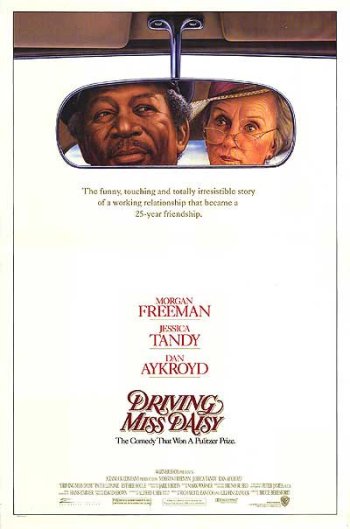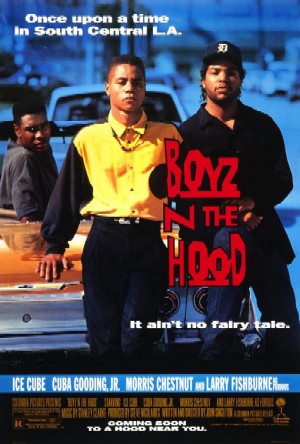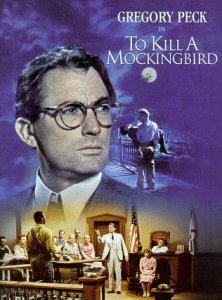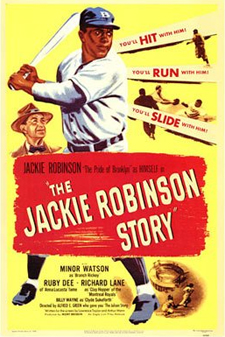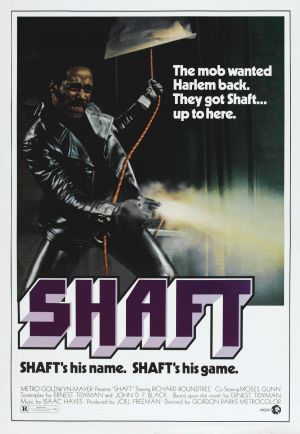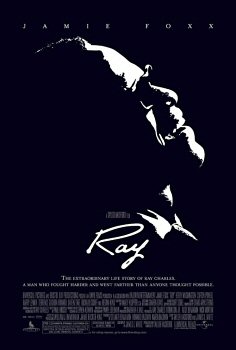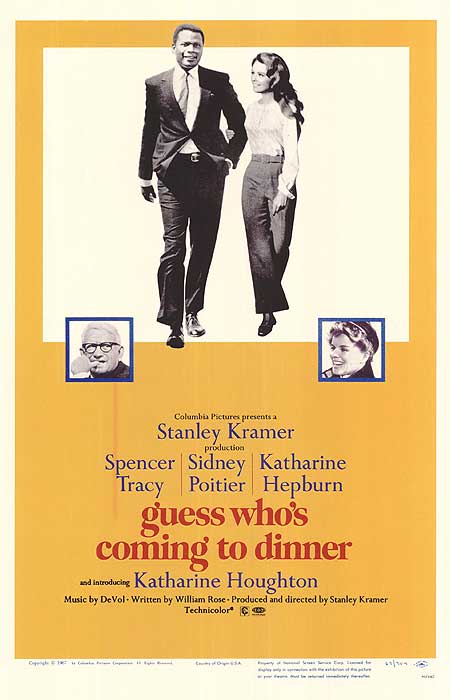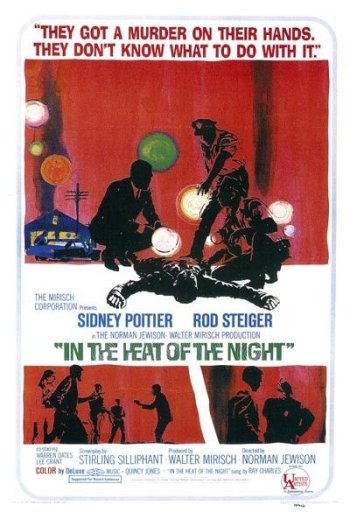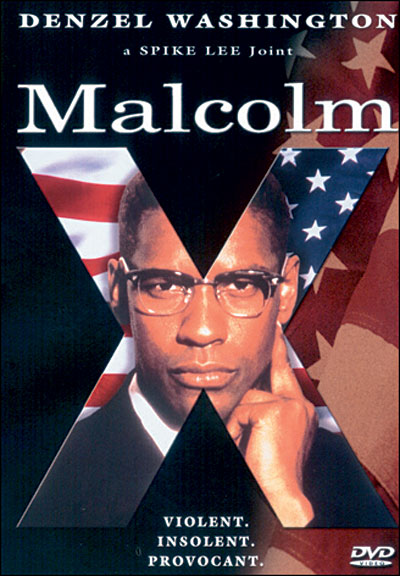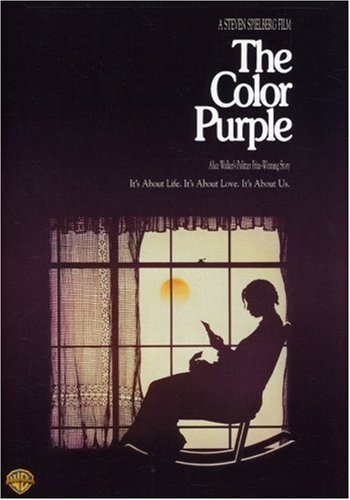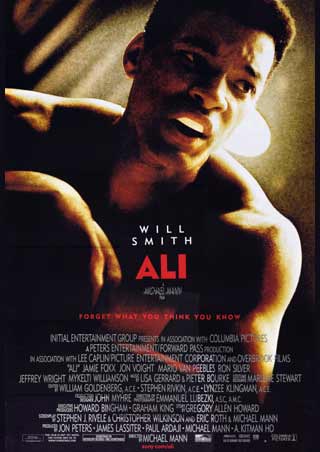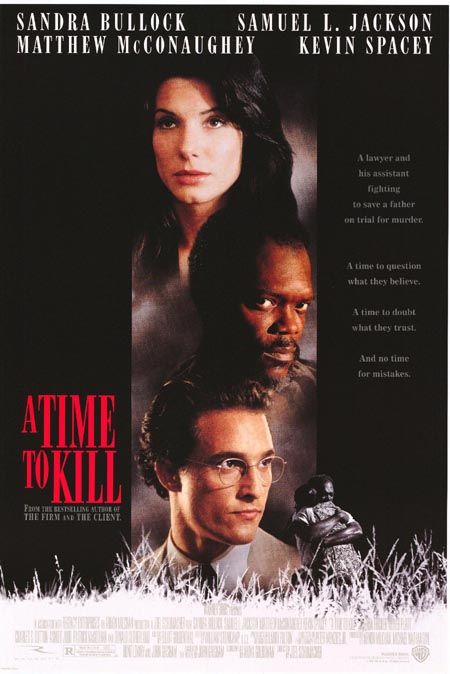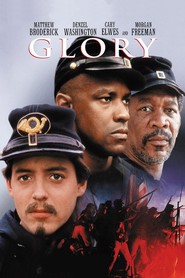It’s no easy thing to define the “black experience” in the United States, but if artists working in any particular medium have succeeded time and again, it’s filmmakers. We wanted to take a deep dive into some of these films because its Black History Month, there have been tremendous contributions to cinema that shouldn’t go unrecognized and well, we think it’s important.
Highlighted below are some of what we feel are the most crucial and influential films that honor the hardships, triumphs and history of the black experience. In no particular order, here are 20 films that we believe helped define entire generations and continue to define great cinema.
Spike Lee’s 1989 masterpiece took audiences into the BedStuy neighborhood in Brooklyn on the single hottest day of the summer, just as racism and bigotry are boiling over until it all ends in violence. When the Italian American- African American prejudices overflow, Lee’s Mookie is left to make a split second, difficult decision. The film is considered to be one of the most controversial movies ever; debate swirls around whether or not Mookie actually does the right thing in the end, but Lee has noted that those who truly value life over property shouldn’t question Mookie’s choice.
This 1977 television miniseries showed viewers the devastating history of slavery in America as they’d never seen it before. LeVar Burton stars in the film based on acclaimed author Alex Haley’s history of his ancestors. The story follows Haley’s fourth great grandfather, Kunte Kinte, as he is ripped from his home, brought to America and sold into slavery. As the story continues Kunte Kinte and his children and grandchildren endure separation and violence as well as many historical events such as the Civil War and Emancipation. Haley ends the miniseries with a short narration and photo montage connecting himself directly to history and the ancestors whom the film depicts, truly personalizing history by pairing faces and names with a time that most only ever encountered in textbooks.
This 1989 film presents the southern prejudices in the late 1940s while proving that race and religion could overcome those elements. In Georgia, 72 year old Daisy already knows the cold front of religious prejudice in the South. When she has a driving mishap and is forced to hire a driver, she learns the true impact of racism in the region. Miss Daisy’s friendship with Hoke (Morgan Freeman) improves and grows over time, and through his experiences her eyes are opened to the overtly discriminatory society. The film explores the prejudices that plagued Jewish Americans and Black Americans and shows the beginning of society’s upward turn when Daisy attends a dinner where Martin Luther King Jr. is speaking.
The classic film from 1939 tells the dramatized tale of the Civil War and the Reconstruction Era from the Southern point of view. The film is also credited with giving a role to the first African American person to ever win an Oscar, Hattie McDaniel. It was the biggest film of its time, and its premiere highlighted the staunch racism that had yet to be resolved in the US. McDaniel and other black actors were barred from the premiere due to remaining Jim Crow laws, and if it had not been for McDaniel’s request that he attend, Clark Gable would have boycotted the premiere. McDaniel’s Oscar win and her non-admittance to her own film premiere drew attention to the archaic prejudices that managed to survive and this attention helped to move towards abolishing them.
Much like Do the Right Thing did for Brooklyn, this 1991 film chronicled the lives of a group of friends in South Central Los Angeles as they dealt with violence in their neighborhood. It starts with this message: “1 in 21 American black males will be a victim of murder. Most will be killed by other black males.” The group of friends navigate gang life and their own big dreams but by the end of the film, blood has been shed and some of those dreams have been cut short. The film was praised for its striking look at a harsh reality and made director John Singleton the youngest person and first African American to earn an Oscar nomination for Best Director.
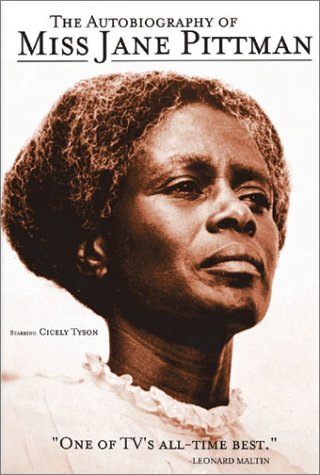 The Autobiography of Miss Jane Pittman
The Autobiography of Miss Jane Pittman
Cicely Tyson is praised for her performance in this 1974 TV miniseries, based on the book by acclaimed author Ernest J. Gaines. The film tells the story of a woman in the South who is born into slavery, witnesses the Civil War but lives long enough to eventually become a part of the Civil Rights Movement in the 1962 at age 110. The miniseries preceded Roots, and was a landmark in the art of prosthetic makeup as the film depicted Jane aging from 23 to 110.
This literary classic turned iconic film is a story that almost every American should know – it’s been required reading for high school students almost every year since its publication. Gregory Peck lends his talents to the role of Atticus Finch, a 1930s Southern lawyer who defends a wrongly accused black man from his undeserved rape charge and the prejudices of the time. Many criticize the film and the novel for their lack of depth amongst the black characters, but what the 1962 film did accomplish was evoking the long history of racial injustice and crippling prejudices that continued to plague the US while its audience was in the midst of the Civil Rights Movement.
This 1950 biopic can’t not be included on this list. It tells the story of Jackie Robinson through his own eyes, as it stars Robinson as himself. The film follows his struggle in the sports world as he moves up from the minor leagues and becomes the first African American Major League Baseball player ever. Even though racial segregation was rampant at the time of its release, the film did remarkably well in the box office, making steps toward eventual changes in the long-standing societal prejudices.
This classic 1971 film is often credited as the father of the Blaxploitation film genre. John Shaft is a private eye hired by a crime lord to bring back his kidnapped daughter and the action film draws on elements of film noir while still forging its own genre. Shaft is hugely culturally significant; it’s preserved in National Film Registry and is considered one of the best films of 1971. It was also a landmark film in that is cost only half a million dollars to make, but earned over $13 million. The pop culture effects of Shaft are countless, and can still be seen all over television and movies today.
This 2004 film captures the life of Ray Charles, one of the most significant musicians of the 20th century. Jamie Foxx delivers an Oscar-winning performance while sharing Charles’ legacy with a new generation. Not only did Charles pioneer his hybrid style of music (gospel, country, jazz and orchestral) but he revolutionized the music world by fighting segregation in jazz clubs and fighting for artists’ rights within the music business. He also overcame his own demons as his musical genius allowed to become one of the most beloved musicians of all time.
Screenwriter William Rose created an ideal subject for Spencer Tracy’s liberal upper class patriarch to criticize: a charming and educated African American doctor who wishes to take his daughter’s hand in marriage. Sidney Poitier’s sterling John Prentice made it difficult for Tracy’s Matt Drayton to judge him on any other ground but his skin color and this helped the Oscar-winning 1967 drama address the growing Civil Rights Movement head on, exploring the underbelly of prejudices that plagued society in a though-provoking but entertaining package.
Based on the award-winning play, A Raisin in the Sun sees Sidney Poitier leading a stellar cast including Ruby Dee and Louis Gossett in this drama centering on the Younger family’s hopes for a better life. We learn that the various generations of African Americans represented by the contrasting characters all have different notions of what success means to a black family in the United States (pre-Civil Rights Movement), but the moral of the story is that they can all succeed in fulfilling their dreams as long as they stick together. It was a powerful message at a time when assimilation seemed to be the safest move, especially for young African Americans, and showed that they could all live together and become a part of a larger community while keeping their individuality and identity in tact.
Wow, Sidney Poitier has been in a lot of landmark movies, huh? This one casts him as a big-city detective from the progressive north who’s sent down to the narrow-minded South to assist a racist cop in hunting down a murderer. The major accomplishment of the film, other than giving the world an incredibly quotable line of dialogue (“They call me MR. TIBBS!”), was its development of a mutual understanding and respect between the two central characters — a breakthrough that mirrored the changing sociopolitical climate in the U.S.
One of the most controversial figures in American history was given a stirring biopic thanks to one of the most culturally significant filmmakers of the 20th century. Spike Lee shouldered a massive responsibility in telling the tale; his vision for the project was subject to scrutiny from nearly everyone remotely involved in the production. Spanning Malcolm’s entire life and depicting both the seedy and stoic sides of his character, the film was a truthful, sympathetic epic on par with heralded biopics such as Ghandi and Lawrence of Arabia.
Steven Spielberg’s heartbreaking film, based on the acclaimed book by Alice Walker, chronicled the life of Celie Johnson and the hardships she faced as a black woman in early 20th Century America. Though the story is a personal account, the trials and tribulations that Celie endured were representative of entire generations of African American women.
Director Michael Mann gave Cassius Clay a rousing and realistic tribute in this pricey motion picture that saw star Will Smith knock it out of the park with his impressive portrayal of the people’s champ. Aside from following the fighter from his earliest days in the ring through his championship bouts, the film revealed the intentions and ulterior motives of many in Muhammad Ali’s inner circle – figures, in some cases, that were major forces in the Civil Rights and Islamic movements, including Malcolm X and Martin Luther King Jr.
James Earl Jones plays the first black heavyweight (a fictional take on Jack Johnson) in this emotional roller coaster. Jones’ Jack Jefferson faces adversity in and out of the ring as he rises to the top of the sport and courts a beautiful white woman with whom a romantic relationship is forbidden. The film speaks worlds about the turbulent times in which it is set and the hegemonic society determined to keep African Americans in a hopeless situation.
A brutal film to watch, A Time to Kill shows that director Joel Schumacher pulled no punches in telling the tale of a father on trial for murdering the men who viciously raped his young daughter. Aside from revealing the terrible truth that the Ku Klux Klan is sadly still very much alive and well in the U.S., the movie dramatized real-life injustices against African American women.
Director Mario Van Peebles gave gang culture its due with this gritty urban drama. Its relevance was key to its success; by the time the film was released, violent crime syndicates like the one depicted in the movie were making headlines daily as a result of drive-by shootings and drug wars. Americans have always had a fascination with gangsters, and Wesley Snipes’ Nino Brown became an inner-city icon thanks to his take-no-prisoners attitude.
A tribute to the unsung heroes of the Civil War, Ed Zwick’s epic adaptation of a pair of novels inspired by the memoirs of Col. Robert Gould Shaw (who commanded the all-black 54th Regiment during the Civil War) is an inspirational tale of acceptance and camaraderie. The film chronicled the rise of the first all-black regiment from laborers to respected soldiers. The triumph of the movie, however, was the mutual respect built between the black and white characters throughout the picture.


